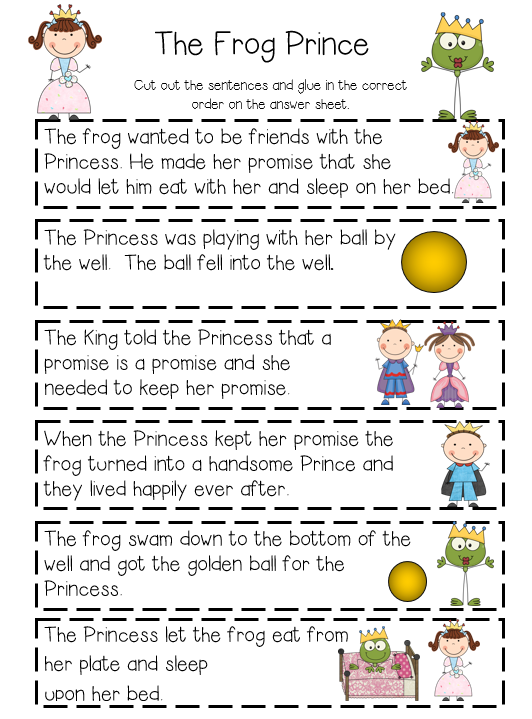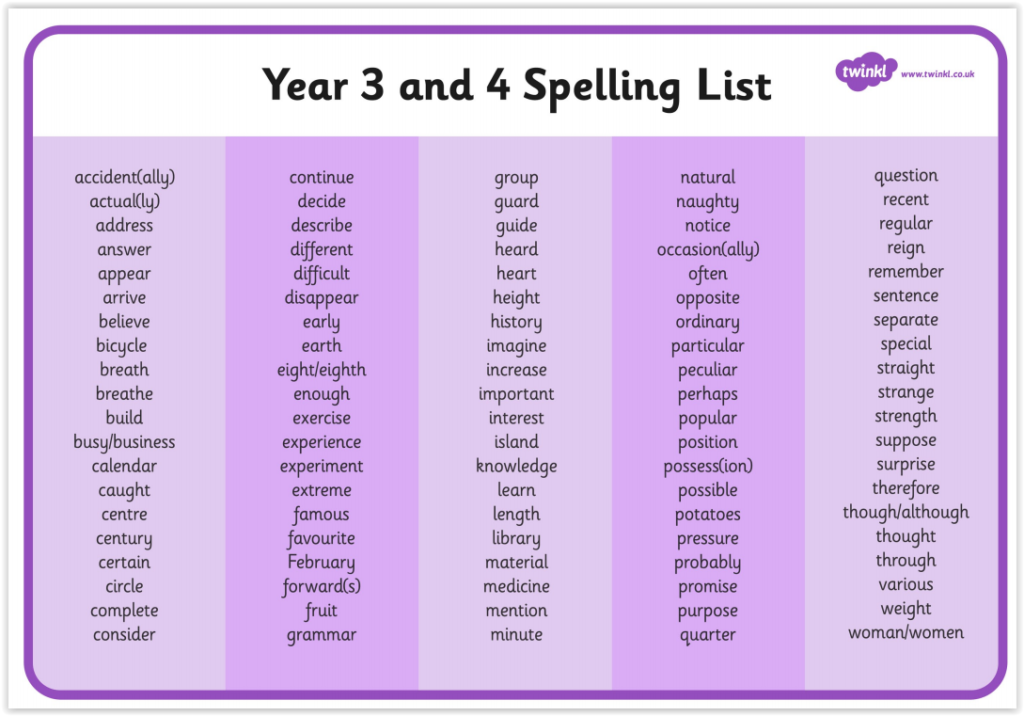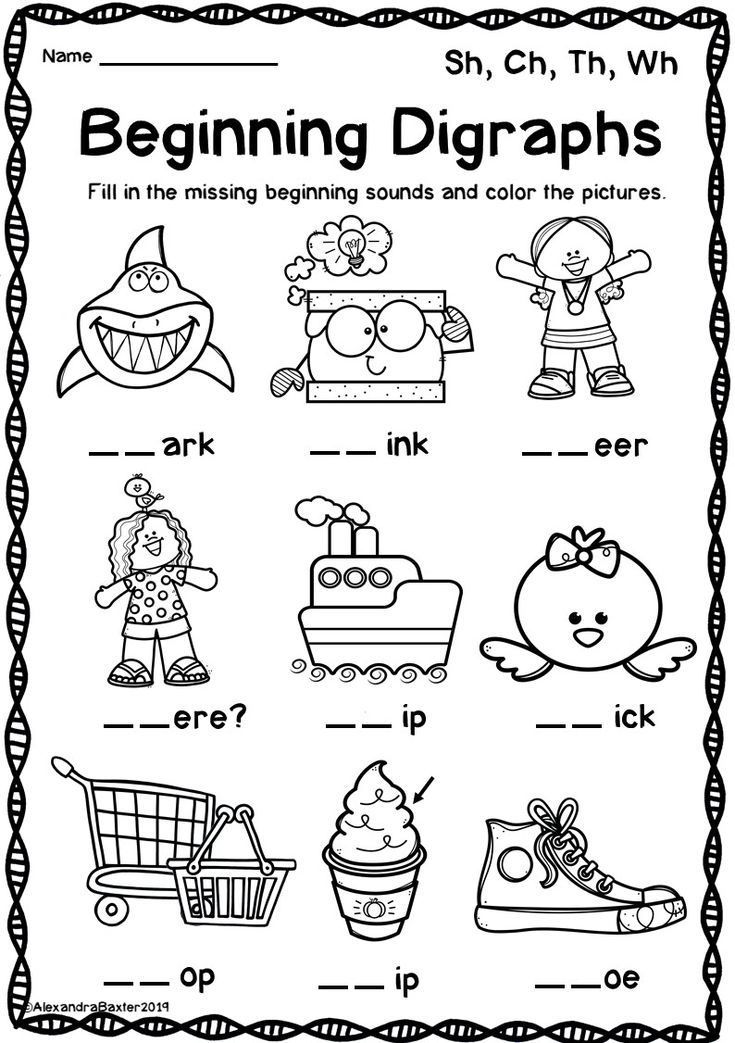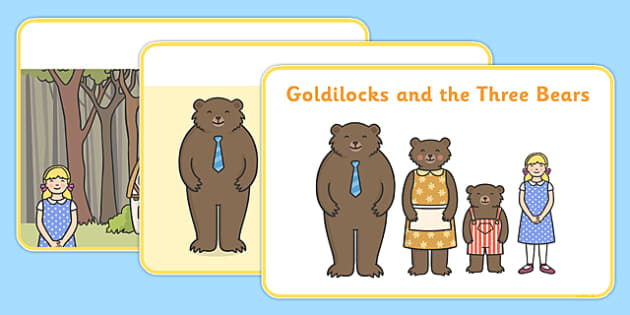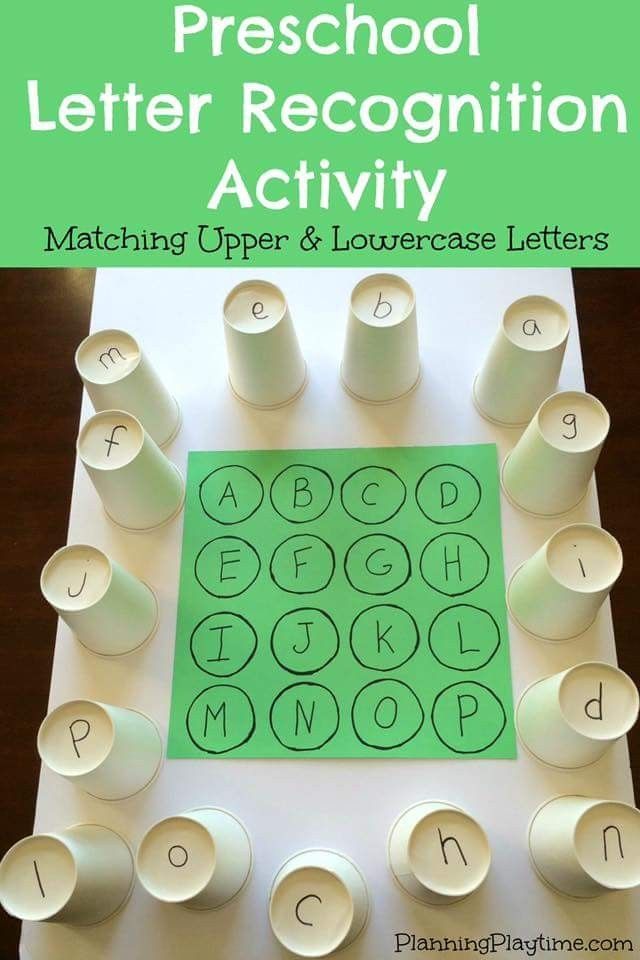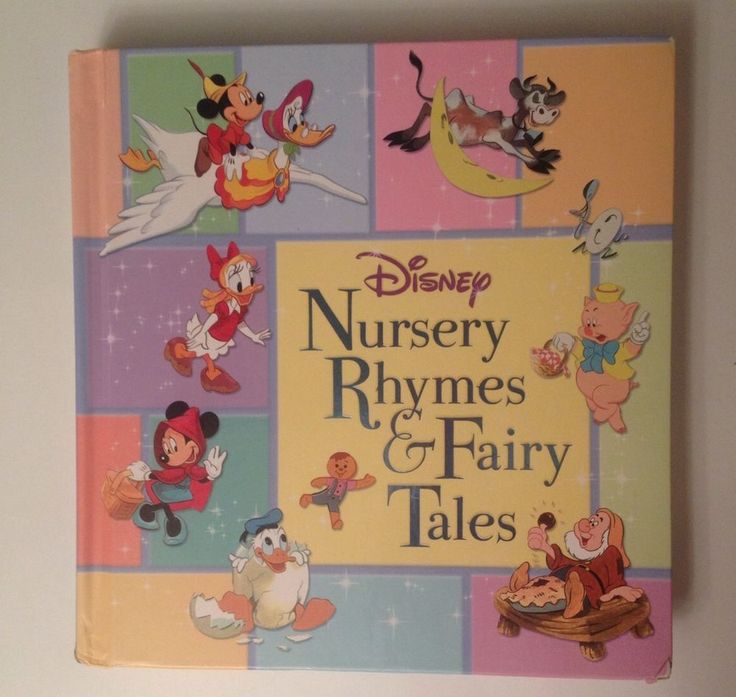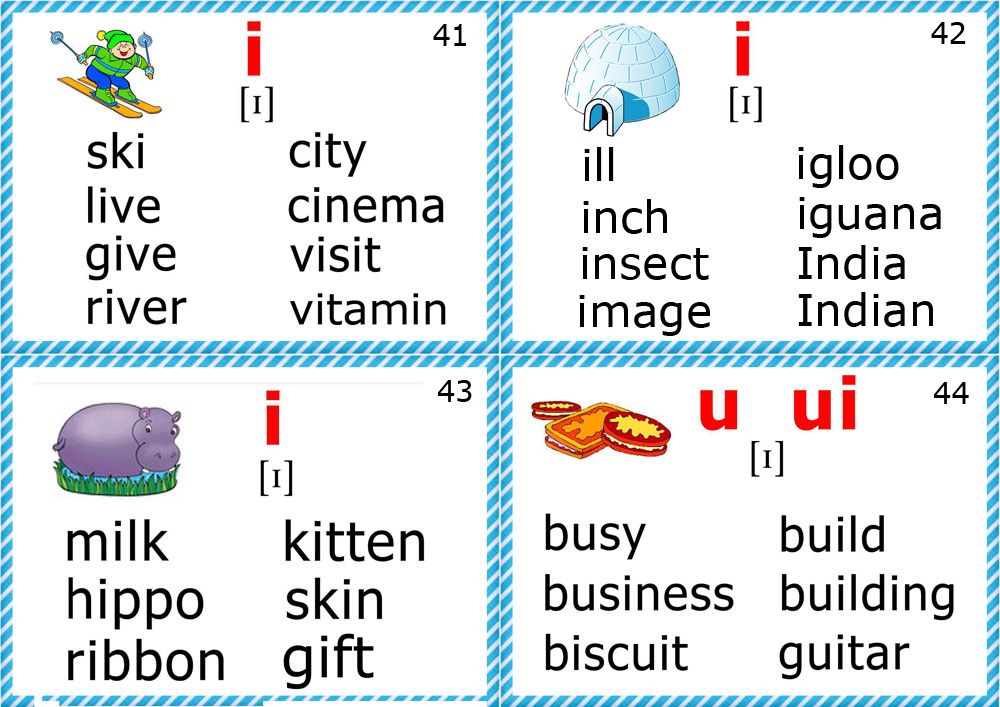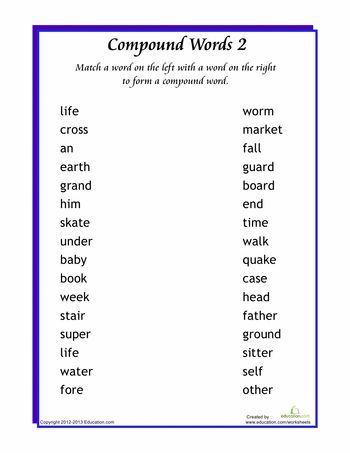Open compound word
Open and Closed Compound Words: Common Examples and Rules for Spelling
by Yen Cabag | 24 comments
When reading or writing in English, you will notice that two or more words put together can mean a totally different thing.
For example, you may understand the words “old” and “school” when you encounter them separately, but when you put them together, you create a compound word that describes something traditional or old-fashioned.
Learning compound words is a great way to expand your vocabulary. In this post, we’ll explore some of the most common compound words in the English language, along with their meanings.
What Are Compound Words?
Compound words are words that are formed by connecting two or more words together to create a new meaning. They are written in three ways:
- Open compound words: These are spelled as two separate words.
- Closed compound words: These are joined together to form one word.
- Hyphenated compounds: These are two or more words connected by a hyphen.
The challenge is knowing how to spell the words that you need. One way is to simply memorize them, but there are also some qualities that can help you remember how to write them.
Open Compound Words
Open compound words are usually formed when a modifying adjective is attached to a noun, creating a new noun. Take note that it is not simply an adjective describing a noun in a sentence, but instead, the compound is taken as a whole new word.
For example, let’s take the noun school:
- high school: means a completely different thing than just an adjective describing a school;
- new school: is a description of a school that is new, not a compound word;
- old-school: this is a hyphenated compound word that describes something out-of-date, traditional, or old-fashioned (notice the two other hyphenated compound words in this sentence).
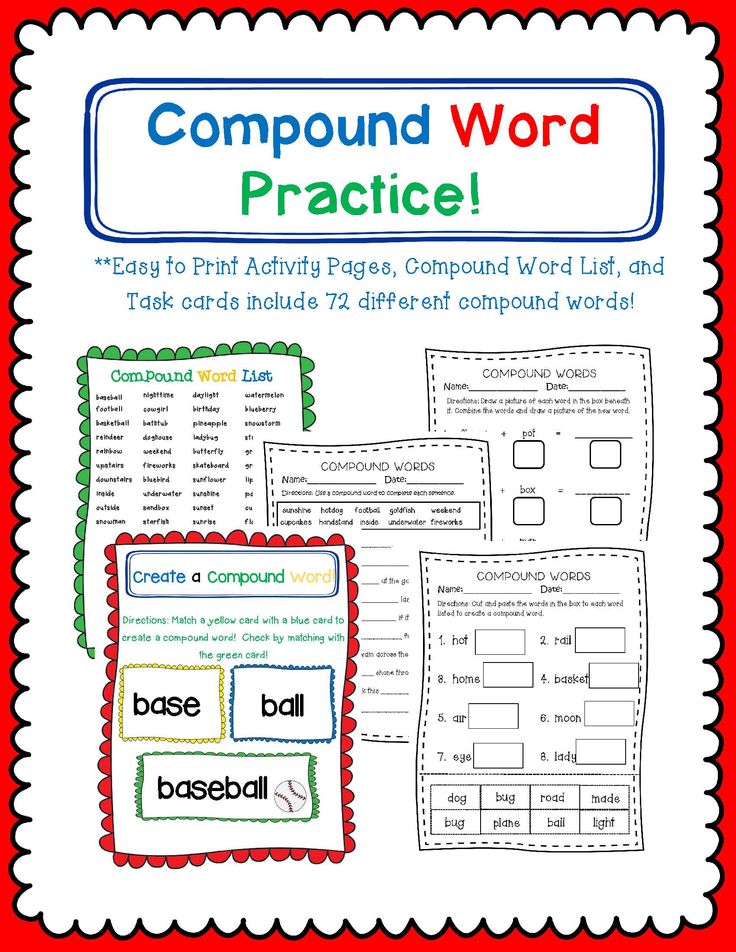
To form open compound words, we separate the modifying adjective from the noun with a space.
For example:
- dining room
- living room
- new moon
- real estate
- coffee table
- paperback book
- racing car
- mountain bike
- jogging pants
- P.E. uniform
- foster mom
- high school
- school bus
- ice cream
- cream cheese
Open compound words are also formed when an adverb ending in -ly is combined with another word:
- newly discovered
- highly contagious
Closed Compound Words
Closed compound words are two or more words that are joined together as one word. Initially, they may not have been joined together, but over time, many of them have come to be accepted as “real words” in English.
For example:
- notebook
- moviegoer
- sunflower
- makeup
- haircut
- newspaper
Hyphenated Compound Words
Compound adjectives are the ones that usually come with hyphens. But remember, you only hyphenate them when they come before the noun they modify. If they appear after the noun in the sentence, remove the hyphens.
But remember, you only hyphenate them when they come before the noun they modify. If they appear after the noun in the sentence, remove the hyphens.
For example:
- That was a well-thought-out plan.
- The plan was well thought out.
- He made sure to make politically-correct statements.
- His statements were all politically correct.
Compound nouns that come with hyphens include:
- mother-in-law
- father-in-law
- sister-in-law
- brother-in-law
- attorney-in-fact
How to Spell Compound Words
The best way to learn how to spell compound words is to memorize them, or consult a dictionary. Here is a list of some of the most common compound words and their spellings:
Family members
- stepfather
- stepmother
- stepbrother
- stepsister
- grandfather
- grandmother
- great grandfather
- great grandmother
- mother-in-law
- father-in-law
- sister-in-law
- brother-in-law
Parts of the Home
- living room
- bedroom
- dining room
- bookshelf
- bedside
- nightstand
- cupboard
- bathroom
- sunroof
- teaspoon
- tablespoon
- teacup
- coffee mug
- shot glass
Body Parts
- armpit
- shoulder blade
- backbone
- eyelashes
- eyebrows
- earlobes
- fingernail
- toenail
People and Their Professions
- policeman
- chairman
- fireman
- stuntman
- busboy
- cabdriver
- caveman
- fisherman
- cowherd
- cowboy
- mailman
- milkman
- taxpayer
- teammate
- waterboy
Clothes
- bathrobe
- business suit
- wedding dress
- nightgown
- tennis shoes
- rubber shoes
Vehicles and Related Words
- airplane
- airport
- jet plane
- spaceship
- mountain bike
- race car
Food and Related Items
- ice cream
- ice cream cone
- snow cone
- white wine
- red wine
- milkshake
- cheesecake
- apple pie
- pancake
- French fries
- hamburger
- chocolate chip cookies
- custard cake
- hotdog
- watermelon
- pineapple
- Tupperware
- strawberry
- blueberry
- blackberry
- meatloaf
- grilled cheese sandwich
Business Establishments
- supermarket
- grocery store
- convenience store
- bookstore
- car rental
- online store
- barber shop
- hair salon
Animals and Insects
- butterfly
- dragonfly
- firefly
- praying mantis
- grasshopper
- angler fish
- Persian cat
- golden retriever
- German shepherd
- cocker spaniel
- Yorkshire terrier
- catfish
- stingray
- goldfish
- sunbird
- tailorbird
- kingfisher
- starfish
- jellyfish
- brittle star
- hermit crab
Games
- baseball
- basketball
- football
- volleyball
- pickleball
- table tennis
- lawn tennis
- tennis racket
- badminton racket
- softball
- video game
- virtual reality
- golf cart
- golf balls
- baseball mitt
- baseball bat
- Chinese checkers
Spelling Open and Closed Compound Words
Familiarize yourself with the correct spelling of compound words so you will always know whether to spell them as one word, separate words, or hyphenated words.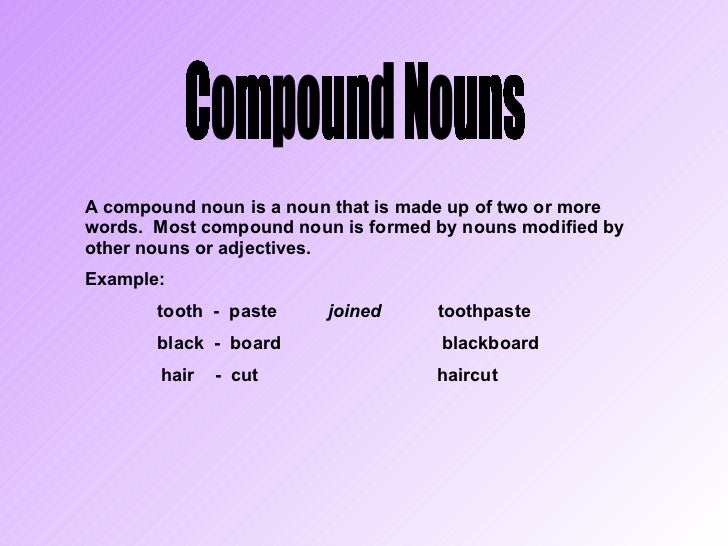
If you’re uncertain, always consult a dictionary, style guide, or a trusted Internet source.
Did you find this post helpful? Let us know in the comments below!
If you enjoyed this post, then you might also like:
- How to Study for a Spelling Test: 8 Tips for Better Results
- American vs. British Spelling: Orthography and Alternate Spellings of Common Words
- How to Spell Better Using the Secrets of Spelling Bee Winners
- Irregular Plural Nouns Explained: Rules and Examples
Yen Cabag
Yen Cabag is the Blog Writer of TCK Publishing. She is also a homeschooling mom, family coach, and speaker for the Charlotte Mason method, an educational philosophy that places great emphasis on classic literature and the masterpieces in art and music. She has also written several books, both fiction and nonfiction. Her passion is to see the next generation of children become lovers of reading and learning in the midst of short attention spans.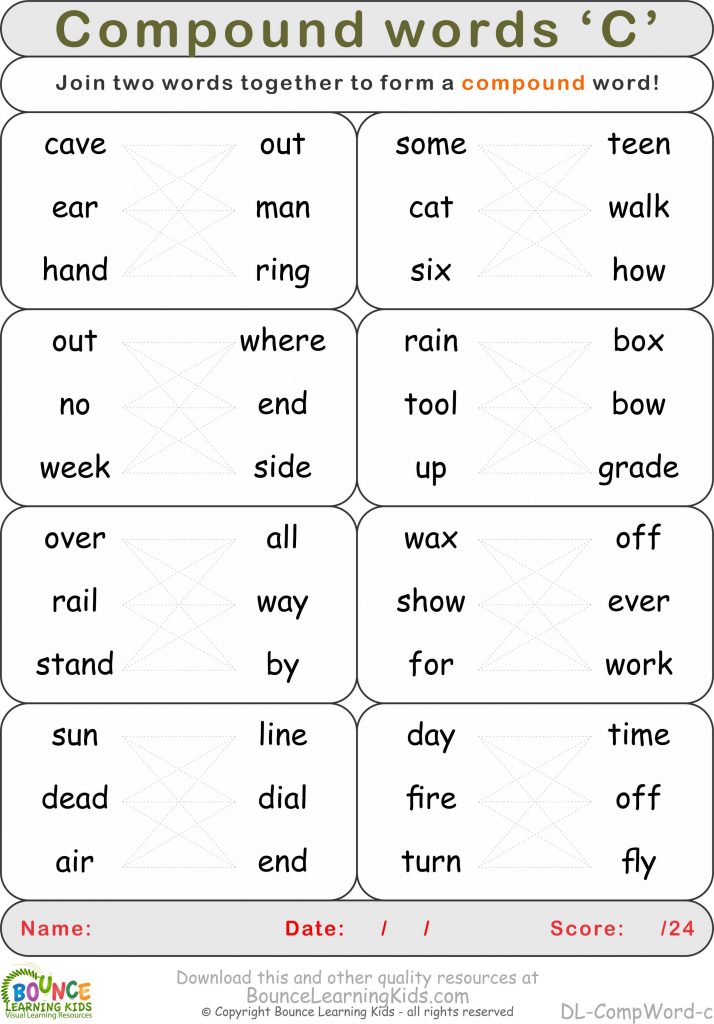
Open, Closed and Hyphenated Compound Words
Skip to content
ByDavid Underwood Updated on
What are Compound Words?
It’s best to define compound words with an example:
Grand + Mother
On their own, both these words have separate meanings. But when you put these two words together, it creates an entirely different word and meaning.
Grandmother
For compound words, when you put two different words together, it forms another word and meaning. There are different types of compound words. For example, compound words can have hyphens, spaces, or no spaces at all between the two words.
Types of Compound Words
Over time, English has morphed itself. As a result, people have created new types of compound words. In turn, this language gets passed along and circulated to what it is today.
In terms of compound words, they’ve transformed into various types. For example, compound words can have hyphens, spaces, or no spaces at all between the two words. There are 3 types of compound words:
- Hyphenated Compound Words
- Closed Compound Words
- Open Compound Words
Below, we have added lists of examples for all the types of compound words.
Hyphenated Compound Words Examples
Hyphenated compound words place a hyphen between the two words. For example, “well-being” is a hyphenated compound word because it connects two words together with a hyphen.
HYPHENATED COMPOUND WORDS
- High-speed
- Empty-handed
- Mass-production
- High-tech
- Deep-fried
- Left-handed
- In-depth
- Full-length
- Part-time
- Time-saving
- North-east
- Sun-dried
- Long-haired
Closed Compound Words Examples
Closed compound words don’t have any spaces between the two combined words.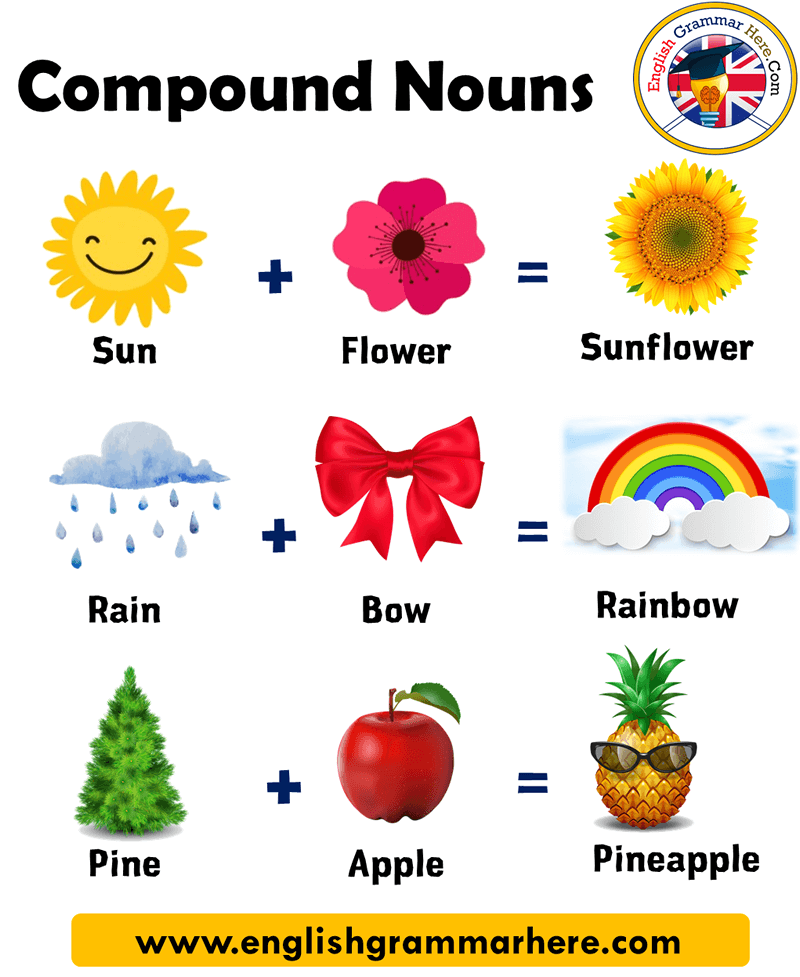 For example, “playground” is a closed compound word because it doesn’t have a space between it.
For example, “playground” is a closed compound word because it doesn’t have a space between it.
CLOSED COMPOUND WORDS
- Playground
- Footprint
- Fishbowl
- Grasshopper
- Bookmark
- Keyhole
- Bowtie
- Popcorn
- Basketball
- Horseshoe
- Keyboard
- Notepad
- Skateboard
Open Compound Words Examples
Open compound words put two words together to create a meaningful weird but use a space to separate them. For instance, high school is an open compound word.
OPEN COMPOUND WORDS
- High school
- Living room
- Roller coaster
- Peanut butter
- First aid
- Web page
- Hot dog
- Voice mail
- Table cloth
- Fire drill
- Ice cream
What’s Next?
What do Superman, Robocop, and Catwoman all have in common?
They’re superheroes! Yes. But they’re also all compound words too. Actually, there are compound words everywhere.
And they’re tons of fun to teach with our free compound words worksheets. What are some of your favorite compound words?
And if you want to teach compound words, check out our free compound words worksheets that you can use in your classroom today.
Open lesson in Russian on the topic "Compound words" | Outline of the lesson in the Russian language (grade 3) on the topic:
Development of an open lesson in the Russian language
Grade 3
"Compound words"
Theme of the lesson: "Complex words."
Purpose of the lesson: forming an idea of the concept of "compound words", creating a scheme of a compound word.
Tasks:
Educational: introduce the concept of "compound words", with the way they are formed (adding two bases using connecting vowels).
Developing: develop spelling vigilance, develop research skills, enrich students' written and oral speech, form self-control and self-examination skills.
Educational: to cultivate interest in the language, the word.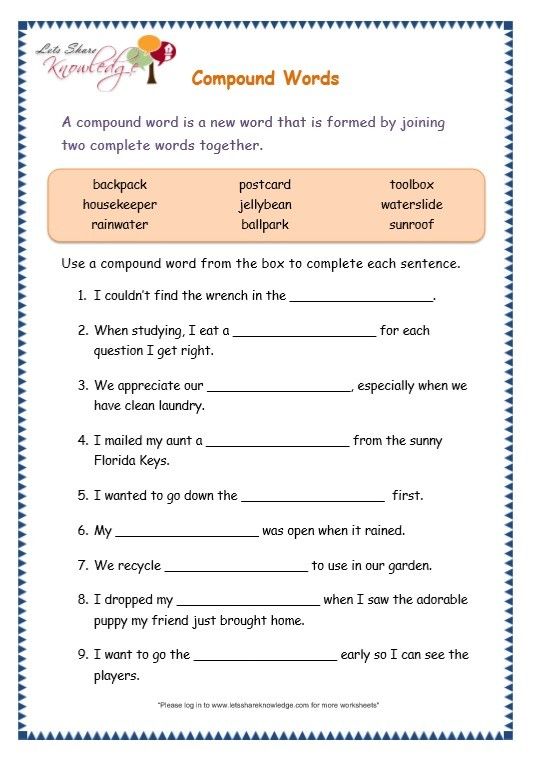
Type of lesson: lesson for learning new material.
Lesson type: research lesson.
Teaching methods:
- Problem
- Research
- Information and communication
Hardware: computer, multimedia projector, screen.
Equipment: Lesson presentation, textbook “Russian language. Grade 3 "V.P. Kanakina, V.G. Goretsky. Enlightenment Publishing House, Moscow 2017, students have handouts.
Lesson progress.
1. Organizational moment. (2 min)
Emotional mood for the lesson. Motivation for learning activities
Good afternoon!
- Children, are you warm? (yeah)
- Is there light in the classroom? (yes)
- Has the bell rung yet? (yes)
- Is the lesson already over? (no)
- Do you want to study? (yes)
- So you can sit down!
(Checking the readiness of the class for the lesson and the correct fit.)
2. Calligraphy. (2 min)
Guys, guess what letters we will write in the lesson:
1.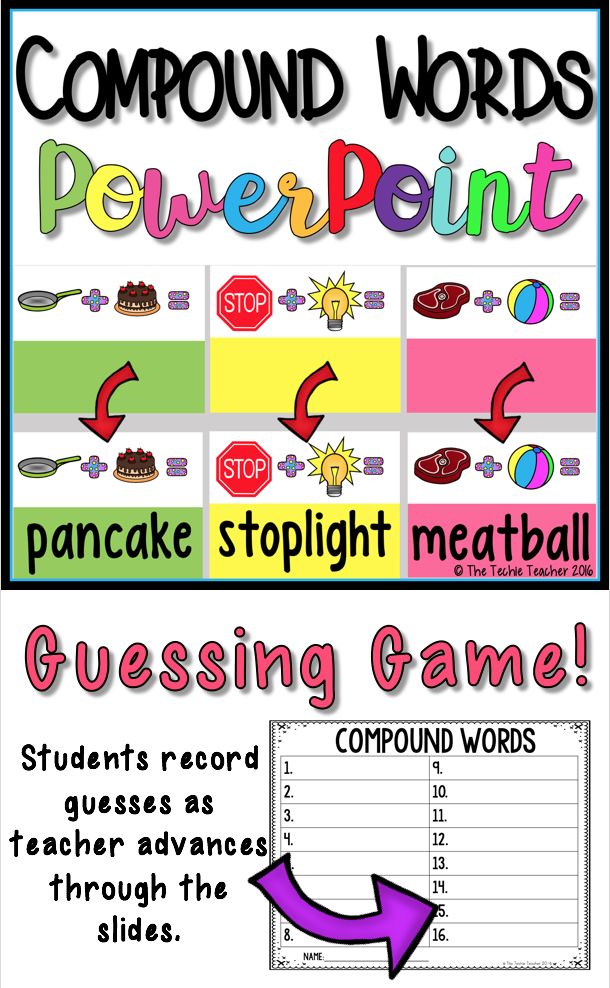 Hoop, ball and wheel,
Hoop, ball and wheel,
You will be reminded letter (o)
0003
And on the pink wall
He draws the letter (e)
I'll open my notebook and lay it down.
I, friends, will not hide from you, I am holding the pen like this.
I'll sit straight, I won't bend, I'll get to work
Open notebooks, write down the number, class work.
A minute of calligraphy.
1 slide
oo oo oo
oo oo oo eo eo
We will need these letters later in the lesson.
3.Updating knowledge (3 min)
- Before we get started, let's review what we already know. You need to choose the correct statement. If you agree, clap your hands once; if you disagree, don't clap, sit up straight.
1. The root is the main part of the sentence (-)
2 The roots in related words are written the same way. (+)
3. Birch, aspen, oak are words of the same root. (-)
4. The ending is the part of the word that changes.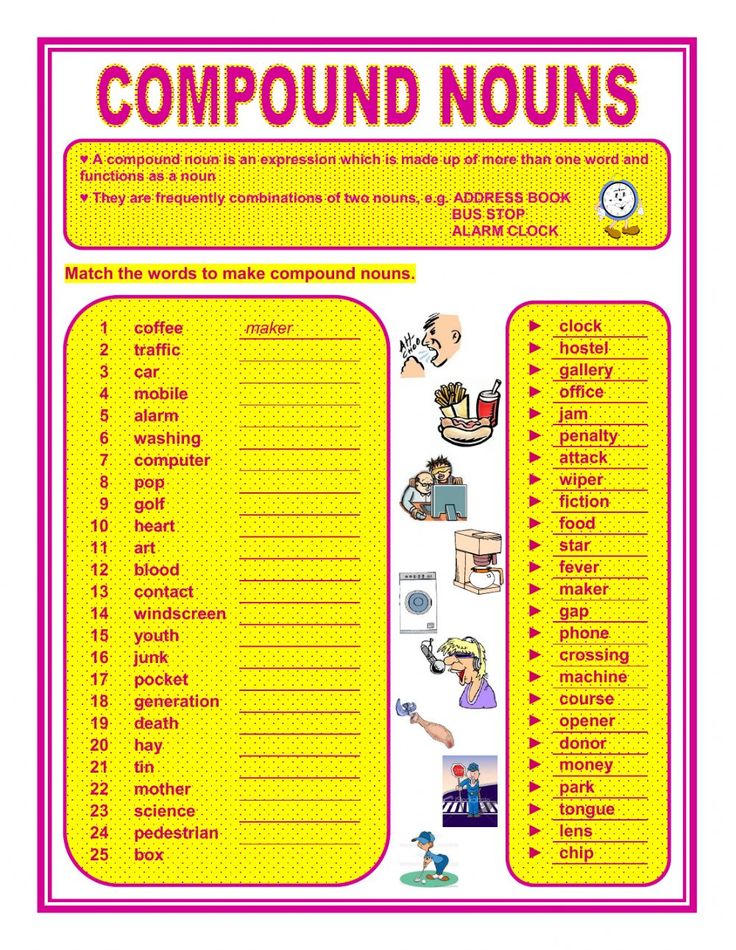 (+)
(+)
4. The suffix helps to form new words (+)
5 A prefix is a part of a word that comes after the root and serves to form new words.
6. The stem is a part of the word without an ending (+)
3. Self-determination for activity (2 min)
Tell the secrets of the word,
I am always ready for you,
Be ready at the lesson, reveal the secrets of the words yourself .
In the country of our native language, not everything is known to us yet,
But we will start researching and we will reach everything ourselves.
An exciting exploration of the world of the Russian language awaits you. Today you will reveal another mystery of words.
So let's get started.
Researchers must be attentive, purposeful, patient, observant….
- Let's start our first research - the discovery of new knowledge
2nd slide
- Guys, are you ready to make new discoveries? Then let's get to work.
1.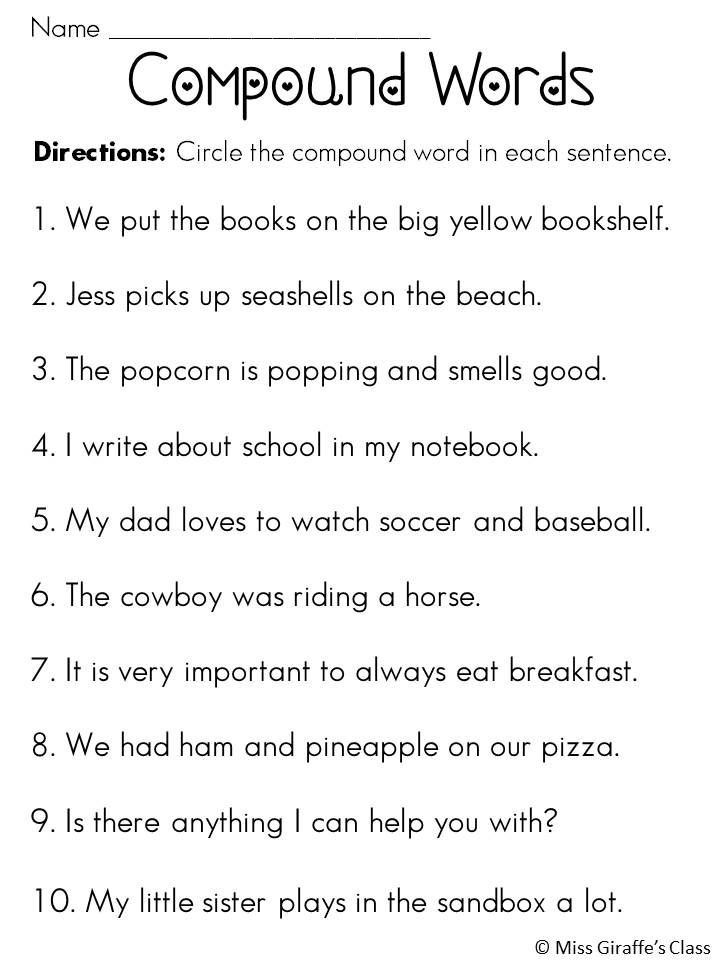 Introduction of a new concept. (4 min)
Introduction of a new concept. (4 min)
Write down the words:
School (This educational institution) student, school
Album (book, notebook bound for poems, drawings, collections) album, album
Book lover (Lover of books, loves books) book, bookish, little book, love, beloved
1. Explain the lexical meaning of these words.
2. Pick up words with the same root
2. Select the root in these words.
In the words: school, schoolboy, school - the root of schools. In the words album, album, album - the root of the album.
How many roots are there in the word book lover?
. To answer this question, I propose to conduct 1 study.
(You need to pick up related words with the same root: book, book, little book. In all these words, the common part is the root -books- (g / / f).
It is necessary to choose related words: loves, beloved, love, beloved. In all these words, the common part is the root -love-. )
)
There are two roots in the word bibliophile.
- Guys, how would you call words with two roots? Complex (Students' answers)
(Because the words were formed by adding roots.)
4. Statement of the learning task.
- Formulate the theme of our lesson.
3 slide
- What goals will we set for ourselves on the topic of the lesson?
1. Learn to distinguish compound words from other words.
2. Learn to identify the root in compound words.
5. Work according to the textbook (pair) (5 min)
I propose to consolidate new knowledge.
Page 78 Exercise 140
The first row under the number 1.
The second row under the number 2.
The third row under the number 3. (A wind meter is a device for measuring wind strength.)
)
Are you tired?
Are you tired?
Well, then everyone stood up.
They stomped their feet,
They patted their hands.
They turned around, turned around
And everyone sat down at their desks.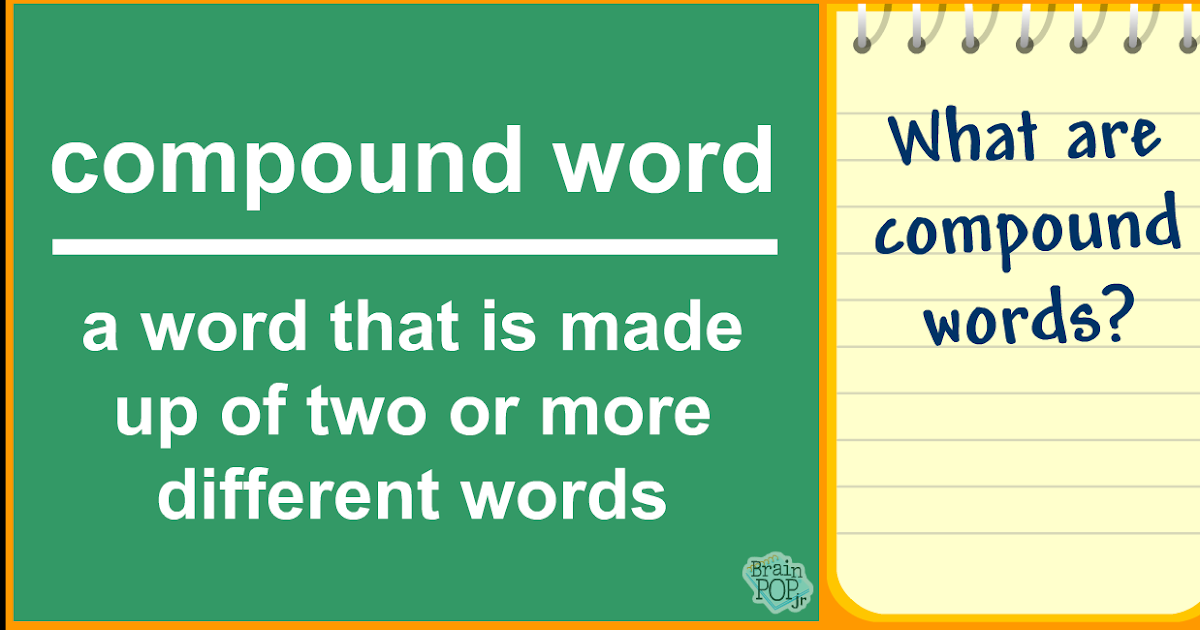
We close our eyes tightly,
Together we count up to 5.
We open, blink
And continue to work. (Performing movements after the teacher.)
7. Independent work in groups. (10 min) -
I propose to consolidate new knowledge.
For this we organize research groups.
Group work plan:
Take a package with a task for the group.
Read the assignment.
Run the task on the worksheet.
Prepare a report according to the plan.
Submit a group report.
For the captain to signal the end of work.
Tasks for groups.
Group #1.
- Connect the dots with a felt-tip pen item:
- Divide the words into 2 groups. Highlight the root. Prove that one of the groups is compound words.
Icebreaker, snowball, pedestrian, island, digger, sailor.
Group report plan #1.
1. Our group connected the numbers in a certain color by dots. The result was an object ________________
2.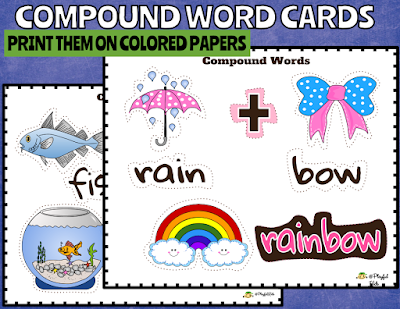 Our group divided the words into 2 groups.
Our group divided the words into 2 groups.
This is 1 group: 2 group:
__________________ _______________
__________________ _________________
__________________
These words are _________ because they contain _________.
Group #2.
1. Connect the dotted object with a felt-tip pen.
2. Replace phrases with one word. Highlight the root. Prove that these are complex words.
Mix concrete
Cut vegetables
Catching mice
Group report plan #2.
1. Our group connected the numbers in a certain color by dots. The result was an object ________________
2. Our group made up the words.
These are (read the words):
__________________,
__________________,
__________________.
These words are _________ because they contain _________.
Group #3.
1. Connect the dotted object with a felt-tip pen.
2. Make compound words with the given roots.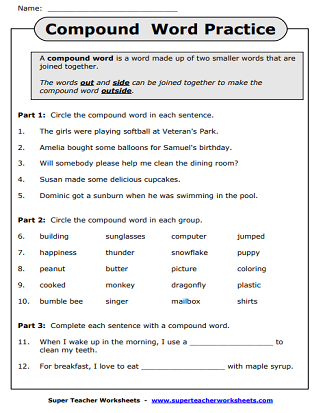
Name the words you got. Prove that these are complex words.
Orally prepare a report on the plan.
Cards with words:
| - | - |
| -horn- |
Group report plan No. 3.
1. Our group connected the numbers in a certain color by dots. The result was an object ________________
2. Our group made words with these roots.
This (read the words):
_________ o _________,
_________ o _________,
_________ o _________.
2. These words are _________ because they contain _________.
Words: rhinoceros, silkworm, platypus.
Rhino is a large herbivorous mammal of the southern countries with one or two horns on the front of the muzzle.
The silkworm is a butterfly whose caterpillar weaves cocoons from which silk is made.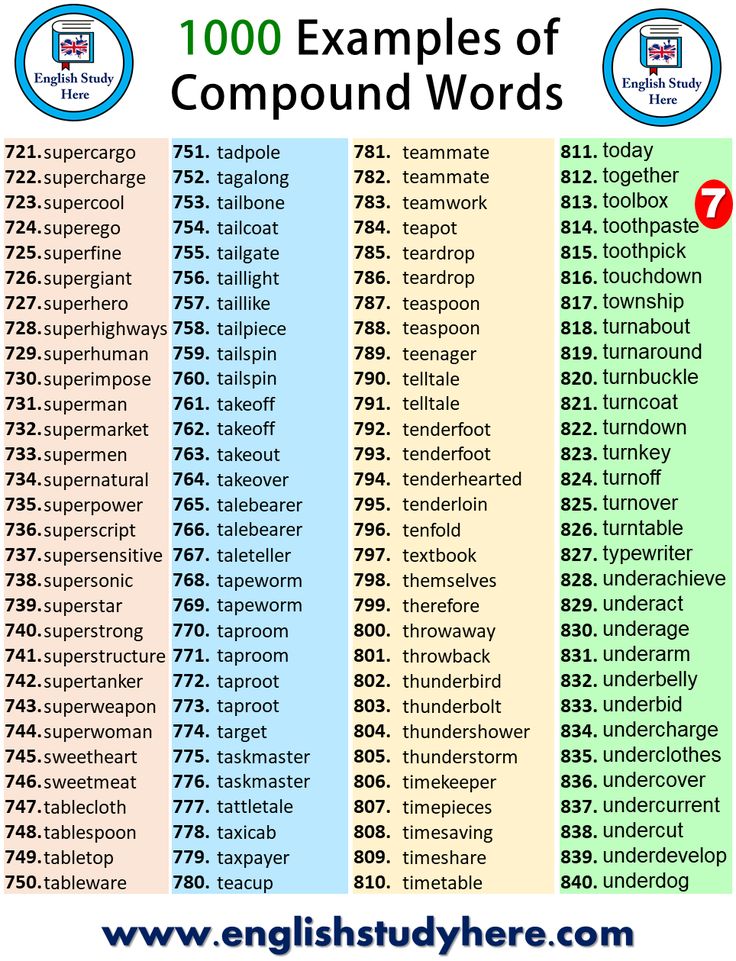
The platypus is an egg-laying Australian mammal with duck-nose jaws.
- Let's listen to the report of each group.
Task for group No. 4.
1. Connect the dotted object with a felt-tip pen.
2. Read the riddles. Write down the answers, highlight the root. Prove that these are compound words.
1. Underfoot everything is somewhere
Slipping and floating.
Both funny and scary:
On the road….(…….)
2.Here is a steel bird,
Aspires to heaven,
And the pilot is leading it.
What kind of bird? (……..)
3. Oh, the river has fallen down,
From a sheer cliff!
There is no hiding place from splashes.
What kind of place is this?(…….)
Group report plan №4
1. Our group connected the numbers with a certain color by dots. The result was an object ________________
2. Our group guessed riddles.
These are the words ____________________
Since they include _____________
Task for group No.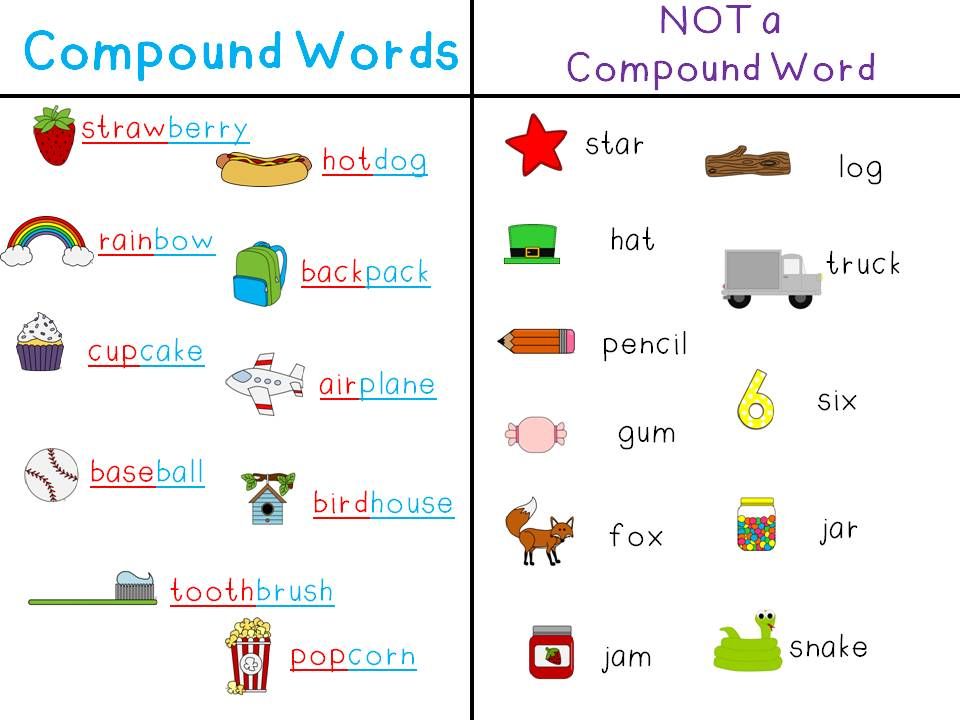 5.
5.
1. Use a felt-tip pen to dot the object
2. Replace the sentence with one word. Write down the words, highlight the root. Prove that these are complex words.
- One who cuts wood.
2. A person who catches snakes.
3.Machine for cleaning dust and dirt from surfaces due to air suction.
Write on a sheet. Prove what these words are.
Group report plan No. 5
1. Our group connected the numbers in a certain color by dots. The result was an object ________________
2.______________
____________________
_______________
These are words ____________
Since they include _____________
Let's check.
- Select the level and display the corresponding signal.
Level I
Copy by inserting a connecting vowel. Select root.
Skal: manhole, stone: fall, water: manhole, fast moves, sea: move.
Level II
Write down compound words with stems: steam, snow, leaf, forest.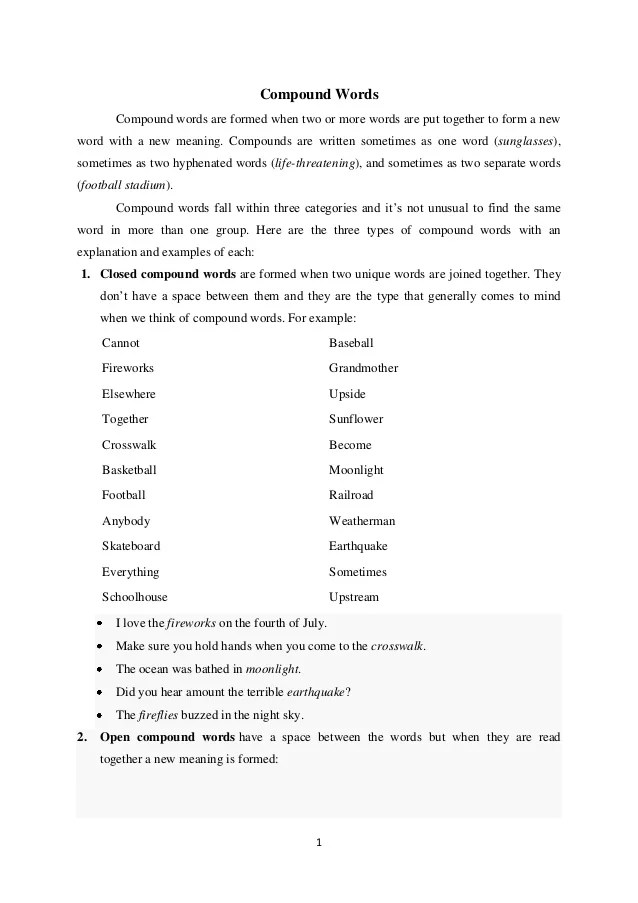
Level III
Make up two words with connecting vowels o, e. Make and write sentences with these words.
- Evaluate your work.
9. Lesson summary. (2 min)
Guys, here we have revealed another secret of the Russian language. What is the secret?
What words did we learn at the lesson today. What are these words?
What did you learn?
Do you think this knowledge will be useful to you?
What did you like most about the lesson?
10. Reflection. (2 min)
- At the end of the lesson, I propose to be climbers (alpinists). Do you know who it is? (People reaching the tops of mountains). Each has a figurine of his climber on the desk.
-If you learned everything in the lesson and can explain it to others, place the climber on top of the mountain. If you have basically mastered everything, but there are still some points that are incomprehensible to you, place the little man in the middle of the mountain. If you do not understand the spelling of complex words, leave the climber at the foot of the mountain.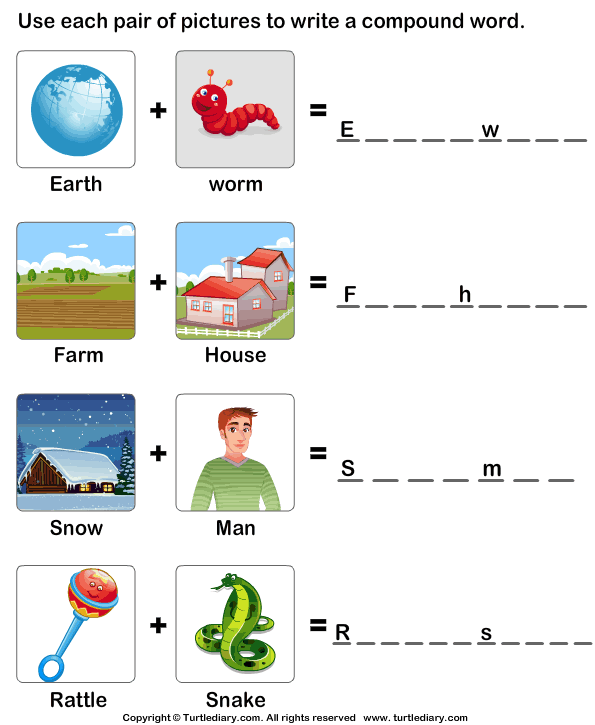 (Students place figures of climbers).
(Students place figures of climbers).
- Well done! Thanks everyone for the lesson!
Vladimir Putin's open letter to Russian voters - Newspaper Kommersant No. 32 (1917) dated 02/25/2000
18K 2 13 min. ...
Vladimir Putin's open letter to Russian voters
Last week, the Central Election Commission registered me as a candidate for the presidential elections in Russia. The decision to go to the polls was thought out and made public by me long ago. But the election campaign requires a lot.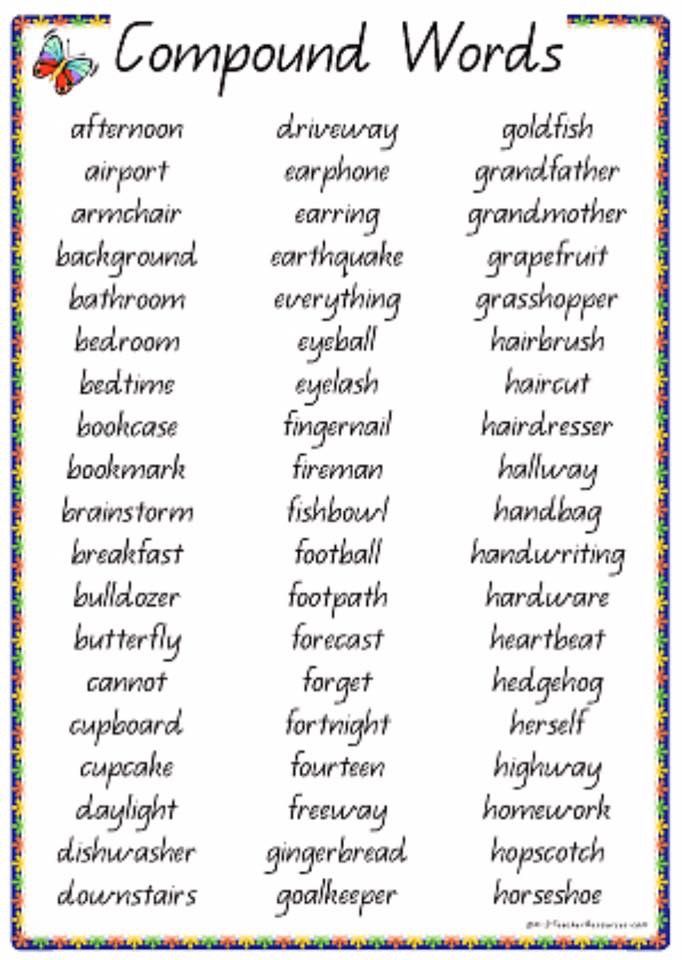 It imposes fair restrictions and forces to separate what I am obliged to do daily as the leader of the country from what I am supposed to do as a participant in the election campaign.
It imposes fair restrictions and forces to separate what I am obliged to do daily as the leader of the country from what I am supposed to do as a participant in the election campaign.
Like all previous months, I will fulfill my direct official duties. There are no special campaign events in my work schedule. And the created election headquarters will only do what is prescribed to it by the law on presidential elections and the instructions of the Central Election Commission.
However, there is another side to the issue - these are the obligations of the candidate to the Russian voters. The most important of which is to state his plan, to tell what problems he intends to solve as head of the Russian state. In a word - to present a pre-election position.
This is really important. On the one hand, my state position is open and known to everyone. Over the past six months, people have had the opportunity to consider what I consider the most important and what I am already doing in the country's politics and economy. But on the other hand, there is still the question: "Who is Putin and what are his political plans?"
But on the other hand, there is still the question: "Who is Putin and what are his political plans?"
Since this question is worth it, an answer must be given.
That is why I thought it best to contact you directly. I decided without intermediaries - briefly and clearly - to tell what I think about our life today and what needs to be done to make it better.
ABOUT OUR PROBLEMS
Many are looking for the roots of our failures in illiterate industry decisions. But this is only partly true. Experts are still arguing where exactly the decisive mistakes were made. And it is not their fault that everyone sees life from "their own bell tower", defending their own rightness.
I am convinced that there is not and will not be a coherent, working program, when in some offices they write the economic part, in others - the political part, and in the third - its international part. When all this is mechanically "glued together" and presented as a single state platform.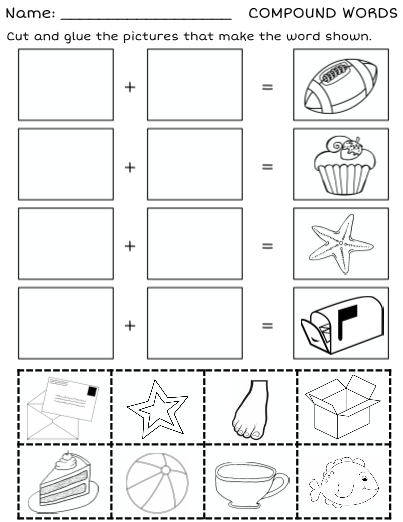
This is not an approach, this is not how things will work for us.
Any program begins with the identification of the main goals. State - from what is able to unite all of us, citizens of our country. For a citizen of Russia, moral foundations are important, which he first acquires in the family and which constitute the very core of patriotism. This is the main thing. Without this, it is impossible to agree on anything; without this, Russia would have to forget about national dignity, and even about national sovereignty.
This is our starting point. And the leader's task is to tune in to common goals, put everyone in their place, and help them believe in their own strengths. Only in this way is a single team spirit formed, only in this way is victory achieved. And therefore, today the most important thing is to openly acknowledge our root problems and set priorities accurately.
I'm ready to say how I see them.
Our first and most important problem is the weakening of the will.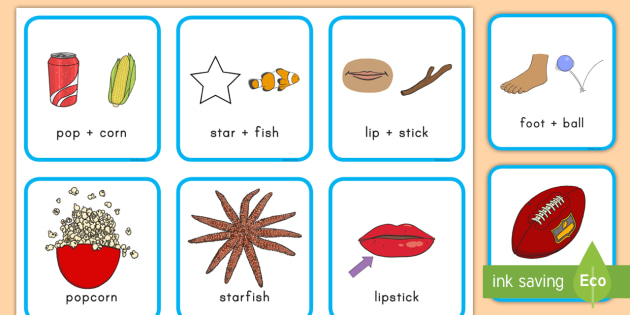 Loss of state will and perseverance in finishing the started cases. Hesitation, shying from side to side, the habit of postponing the most difficult tasks until later.
Loss of state will and perseverance in finishing the started cases. Hesitation, shying from side to side, the habit of postponing the most difficult tasks until later.
It is time to finally come into direct contact with the problems. And first of all - with the most dangerous of them. With those who slow us down all the time, do not allow the economy to breathe, the state to develop. To put it bluntly, they threaten our entire future existence.
To evade them further is much more dangerous than to accept the challenge. People do not believe the promises, and the government is losing face more and more. The state machine is loose, its motor - the executive branch - wheezes and sneezes as soon as you try to move it. Officials "move papers", but not deeds, and have almost forgotten what official discipline is. Under such conditions, people, of course, can no longer rely on either the force of the law or the justice of the authorities. Only for yourself. Then why do they need such power?
A striking example of such an old evil is crime.
For many years, idly talking about the fight against crime, we only drove this evil into the depths of Russia. Banditry grew stronger, penetrated into cities and villages, taking root everywhere. It got to the point that the whole republic, the subject of the Federation - Chechnya was occupied by the criminal world and turned into its fortress. But as soon as we entered into a direct battle with the bandits, defeated them, a real step was taken towards the rule of law, towards the dictatorship of equal law for all.
Now, wherever a terrorist and a criminal lurks - in Novgorod, St. Petersburg or Kazan, any Russian city - he can no longer hope for help and refuge in Chechnya. A terrible blow has been dealt to the gangster world.
This is the first step, others will follow.
But after all, this could not have been done while sitting in Moscow and writing the next "programs to combat crime." It was necessary to accept the challenge on the enemy's field and defeat him there.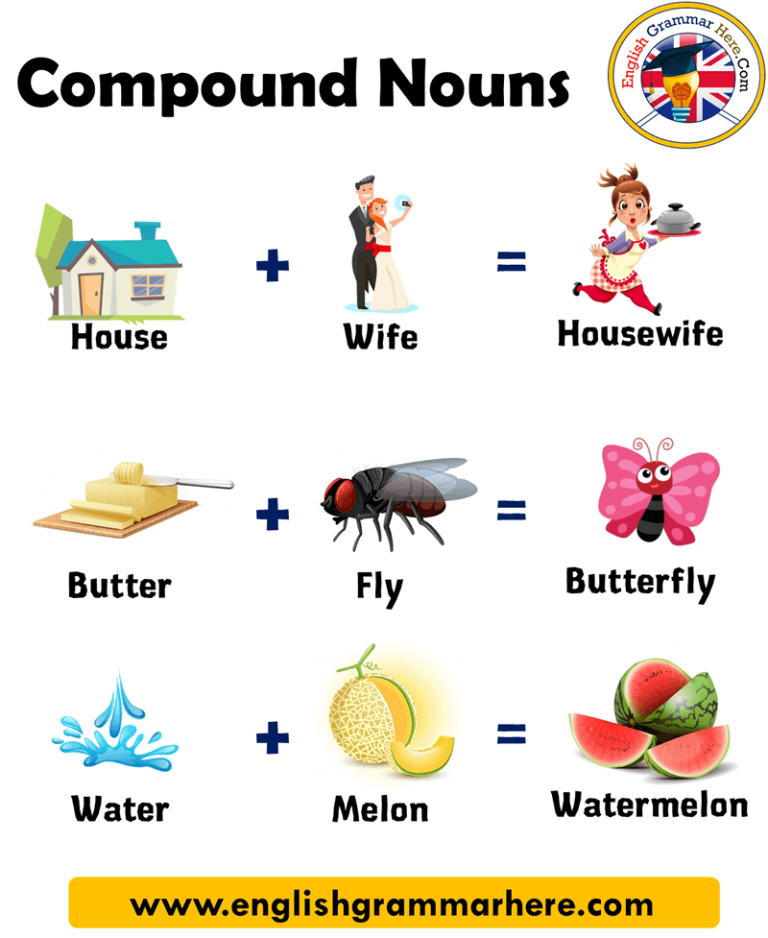
I think I have explained exactly how other difficult problems can and should be solved. Life itself suggests: only by openly accepting the challenge - you can win.
Our other big problem is the lack of firm and generally accepted rules. Like any person, society cannot do without them. And the rules in the state are the law, it is the constitutional discipline and order. This is the security of the family and property of a citizen, his personal security and confidence in the immutability of the established rules of the game.
The state here will have to start with itself. It should not only establish equal rules, but also comply with them. Only in this way will we achieve from everyone the fulfillment of uniform norms of behavior determined by law. In an unlawful, and therefore weak state, a person is defenseless and not free. The stronger the state, the freer the individual. In a democracy, your and my rights are limited only by the same rights of other people. On the recognition of this simple truth, the law is built, which should guide everyone - from a representative of power to an ordinary citizen.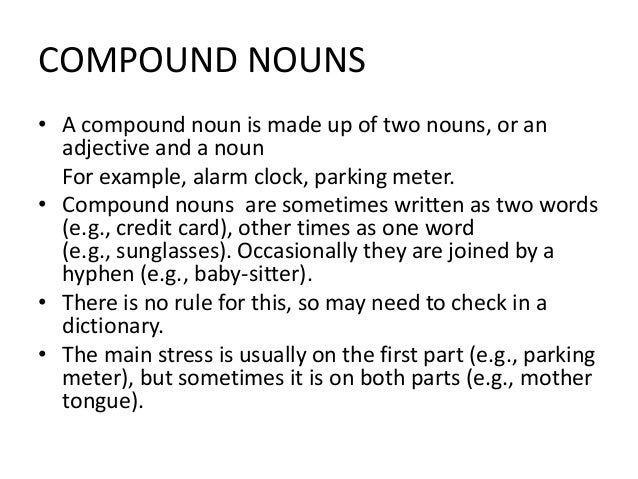
But democracy is a dictatorship of the law, and not of those who are obliged by office to defend this law. I think it is useful to remind: the court makes decisions in the name of the Russian Federation and is obliged to correspond to this high name. The police and the prosecutor's office should serve the law, and not try to "privatize" the powers given to them for their own benefit. Their direct and only task is to protect people, and not false ideas about the honor of the uniform and their departmental interests.
Rules are necessary and important to everyone and everywhere. And the authorities, and entrepreneurs, and even more so - those who are weak and in need of social protection. After all, it is impossible to help the weak if taxes are not paid to the treasury. It is impossible to build a civilized market in a world riddled with corruption. No economic progress is possible if the official depends on capital.
How, they ask, in this case, build relations with the so-called oligarchs? Yes on a general basis! Just like with the owner of a small bakery or shoe repair shop.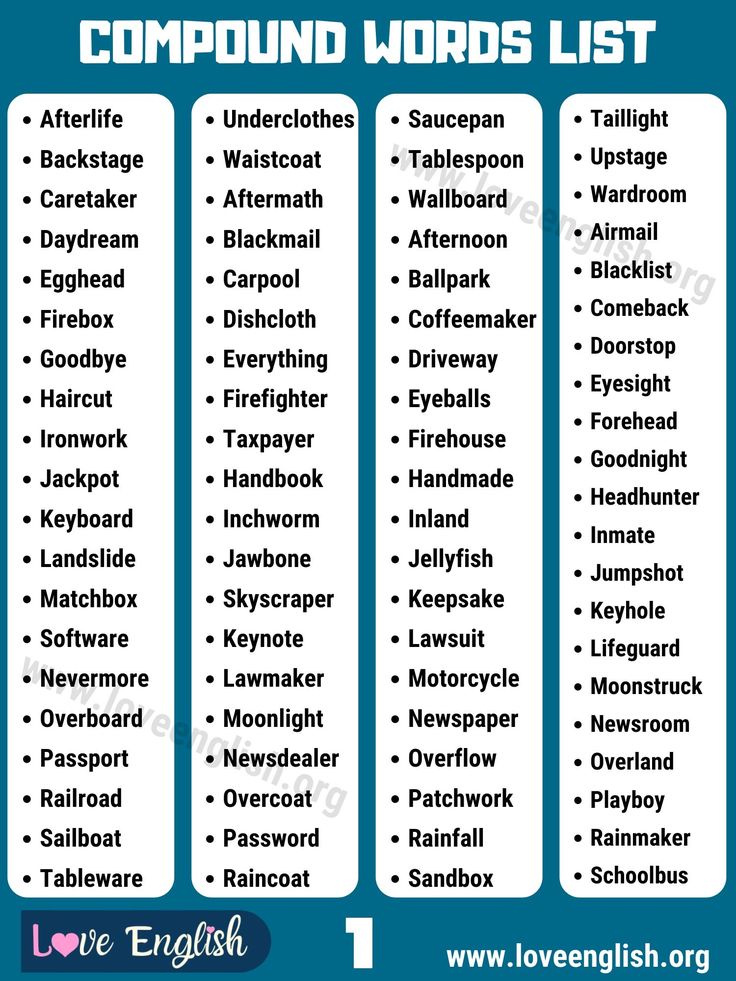
Only an effective, strong state can afford to live according to the rules (read - according to the law). And only it should guarantee freedom - entrepreneurial, personal, social.
Let's teach each other to respect the established rules, learn to behave decently ourselves - we will force others to do the same. We will punish violations strictly according to the law - and those who have been more profitable to violate them so far will prefer not to contact us anymore. And for those who have forgotten, we can remind you: power is labor that is paid from the pocket of the taxpayer, from our earnings.
I know that many today are afraid of order. But order is the rule. And those who are now engaged in the substitution of concepts, passing off the absence of order as true democracy - let them not look for dirty tricks and do not frighten us with the past. "Our land is rich, but there is no order," they used to say in Russia.
They won't talk about us like that anymore.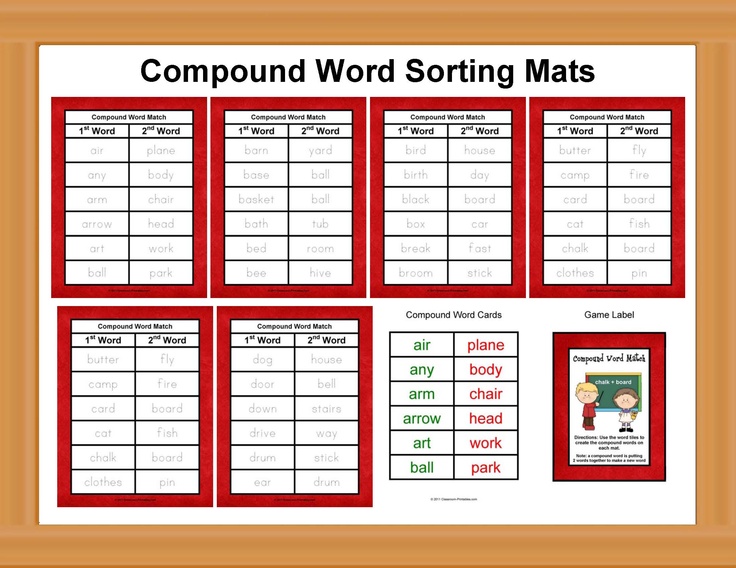
And, finally, there is another big problem, without taking into account which it is useless to build any "huge plans".
We have a very poor idea of what resource we have today. So, everyone seems to understand that property is inviolable - but how much of it, where is it and whose exactly? Today we do not even know the real figures of what belongs to the state. Starting from the treasures of Gokhran to copyright inventions that rightfully belong to Russian citizens. It is a shame to admit, but no one in the country now will name either the exact number of operating enterprises, or their income, or even reliable data on the country's population.
It's time to clearly understand who owns what in Russia. Only then can one correctly calculate both one's own forces and which of the planned tasks are really realistic. After all, this is exactly what we all go on a journey with. Today we, like air, need a large inventory of the country. We need a reliable census and a proper record of everything that is in it.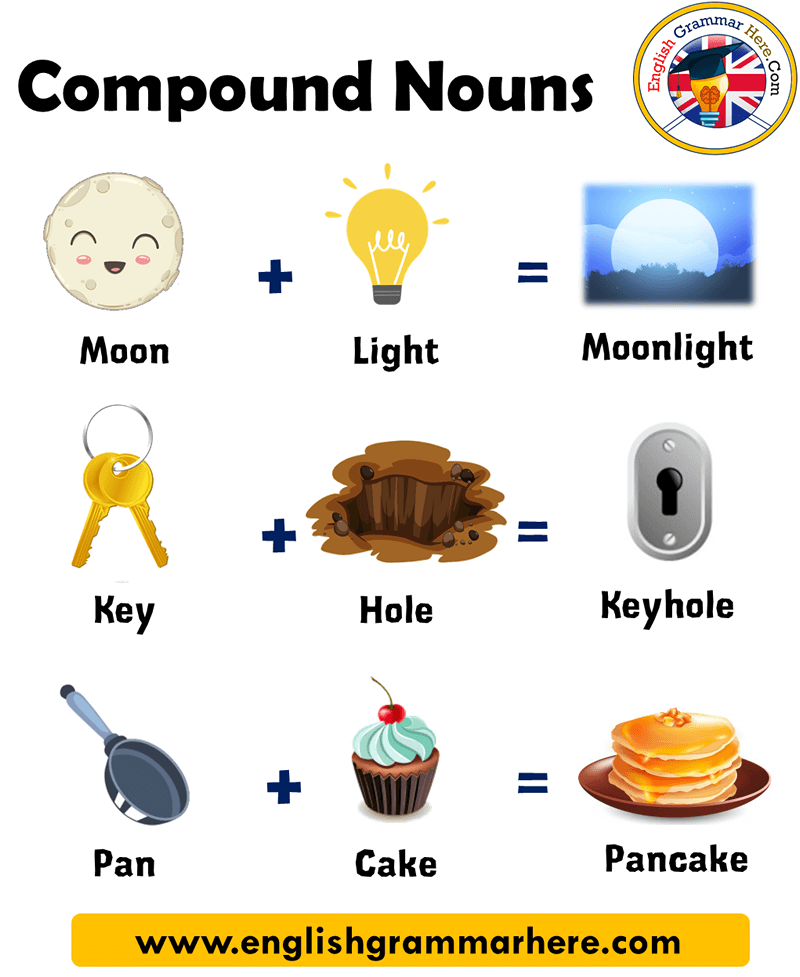
The new director, taking over the business, first of all will require a balance sheet. Russia is also an economy - huge, complex and very diverse. It is pointless to argue whether we are poor or rich until all our successes and failures, our past losses and new achievements are taken into account.
Each of you probably has your own idea of what lies at the root of our defeats and miscalculations. But it is high time for us, the citizens of Russia, to agree on what we expect from the state and in what way we are ready to support it. I am now talking about our national priorities. Without this, we will again lose time in vain, and irresponsible talkers will decide our fate with you.
ABOUT OUR PRIORITIES
In recent years, we have adopted hundreds of "first" and "priority" action programs. Since there are so many of them, it means that no one has reached the real priorities. We all the time followed the events, disentangling the consequences of our own reckless decisions. They constantly piled up big and small things. On the other hand, they were enthusiastically distracted by easy tasks, justifying their own unwillingness and their own fear to respond to really serious challenges.
They constantly piled up big and small things. On the other hand, they were enthusiastically distracted by easy tasks, justifying their own unwillingness and their own fear to respond to really serious challenges.
Since we don't want a repetition of what has already been done, we don't want the country to trail behind, we must decide on really urgent tasks. There aren't many if you approach them wisely. But they are really difficult.
OUR PRIORITY is to overcome our own poverty.
We are accustomed to be proud of our wealth - a vast territory, natural resources, multinational culture and education of the nation. It really is. But only this is unworthy of a great power - Russia.
One day we must say to ourselves: we are a rich country of poor people. In general, we are a country of paradoxes. And not so much political as social, economic, cultural.
Our children collect gold medals at international olympiads. Our best minds are in demand in the West.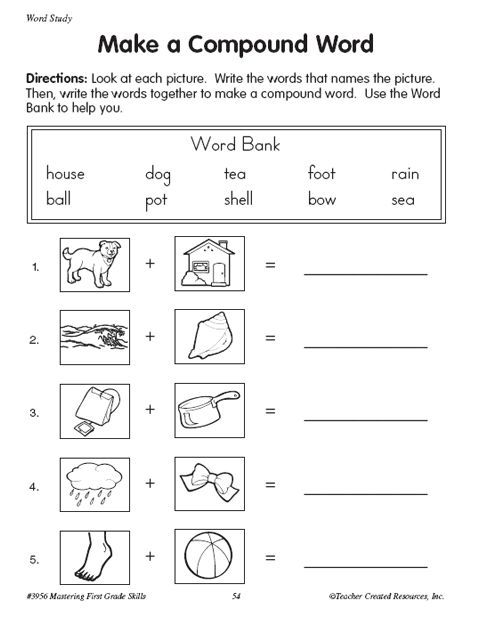 Russian musicians and conductors are sold out at the best concert venues in the world. And capital theaters are always full of spectators. This is all our wealth.
Russian musicians and conductors are sold out at the best concert venues in the world. And capital theaters are always full of spectators. This is all our wealth.
But there is another part of the truth. It is not only depressing, but requires action. Millions more people in the country barely make ends meet, save on everything - even on food. Parents and children for years cannot scrape together to travel to each other. The old people who won the Great Patriotic War and created Russia the glory of a world power live somehow or even worse - they beg on the streets. But these are the fruits of their labor, their resource is "eating up" today our generation, almost without replenishing the national treasury with their own achievements. Returning their due debt is no longer just a social, but in the full sense of the word a political and moral task.
Yes, we finally began to pay pensions on time. We began to help those in need as much as possible. But endless patching of holes - without breakthrough ideas and approaches - will not solve this truly national problem.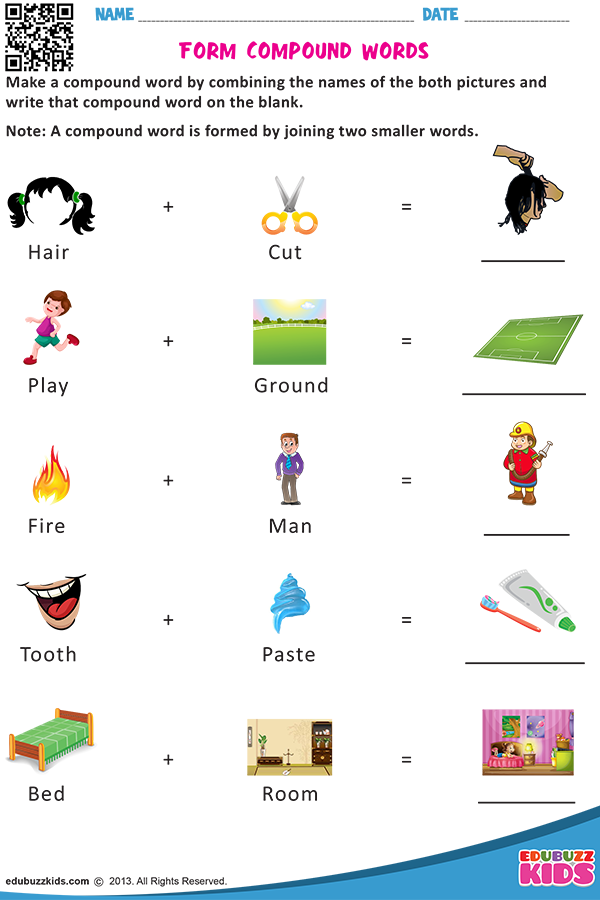
It is, of course, impossible to get rid of the humiliation of poverty without the help of money. But to inflate our already large social security is also not a method. We've already gone through this. Here the main resource is a new efficient generation. Those who want and can become wealthy people in a civilized state.
Young and energetic people, all who know the real value of labor and know how to earn a living, already know how to save the country from the humiliation of poverty. They are able to restore to it not only economic, but also moral dignity. This is a public task, and together we will solve it. There are enough examples in Russian history - Russia did not come out of such alterations.
OUR PRIORITY is to protect the market from illegal intrusion, both bureaucratic and criminal.
Today we are simply obliged to ensure the security of property rights and to protect the entrepreneur from arbitrary, non-legal interference in his activities.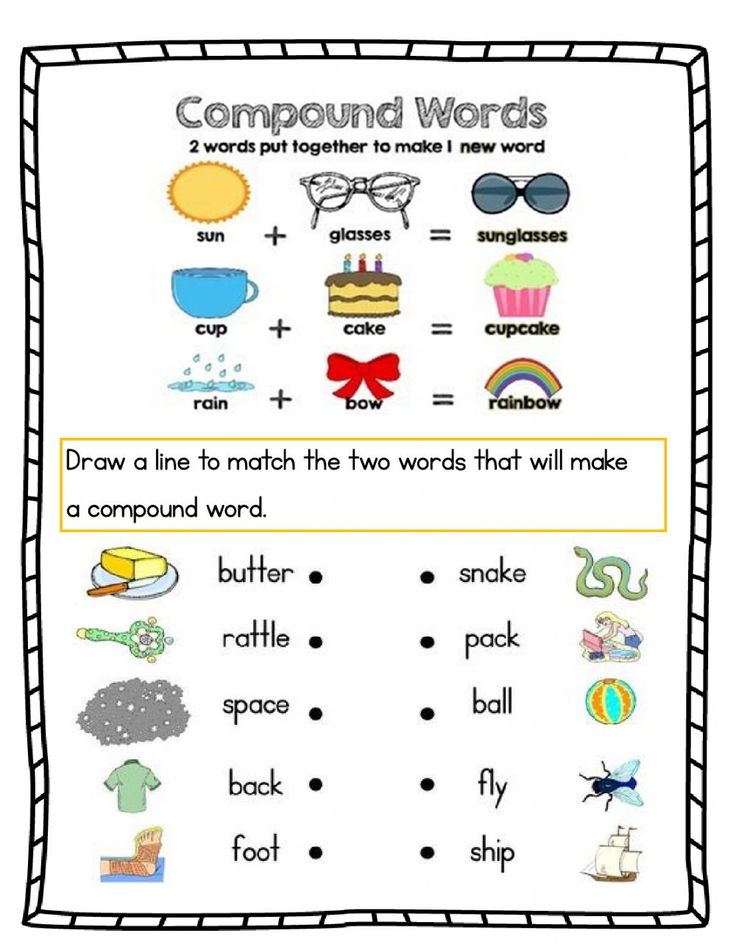 If these guarantees are not given by the state, the vacuum is quickly filled by criminal gangs. They take under their "roof" those who cannot achieve protection from the state in any way.
If these guarantees are not given by the state, the vacuum is quickly filled by criminal gangs. They take under their "roof" those who cannot achieve protection from the state in any way.
At one time, the term economic crime was introduced into circulation. This is not just legally inaccurate, it is a mistake. It is impossible to lump together all the crimes related to the economy and finances, arranging entire campaigns against "economic criminals" on this basis.
But since a super-profitable "economic specialization" has developed in the criminal environment, it means that today it is the most nutritious soil for it in our financial and economic sector. And only the state itself - by action or inaction - helped him in this. It helped with bad laws, lack of clear rules and indiscriminate, illiterate interference in the market.
Of course, we need strict state control. But one is not enough. Let's see what happens: you are not sure about the stability of your business, because you cannot count on the force of the law and the honesty of officials.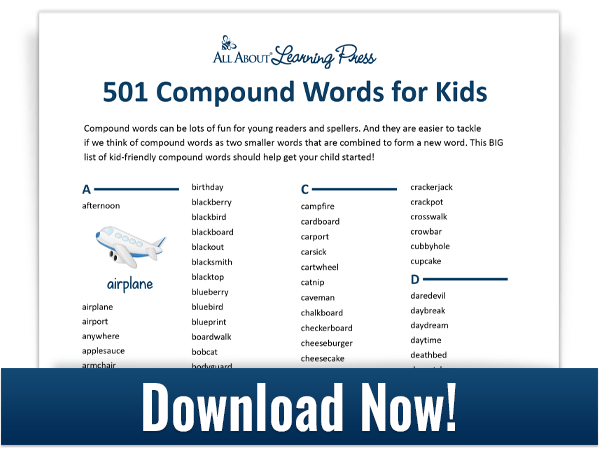 It means that you are dissatisfied with public services and therefore do not pay all taxes. Not only that - you have the opportunity to exist safely. And the state is deprived of the means to maintain an unbiased legal system, pays little to officials, they take bribes. The result - the circle is closed.
It means that you are dissatisfied with public services and therefore do not pay all taxes. Not only that - you have the opportunity to exist safely. And the state is deprived of the means to maintain an unbiased legal system, pays little to officials, they take bribes. The result - the circle is closed.
We have been talking about state regulation of the economy for many years. However, we understand it differently. But the essence of this regulation is not to stifle the market and expand bureaucratic expansion into new industries, but, on the contrary, to help it get on its feet. People have the right to demand protection from the fact that their business is taken over by a gangster group. The right to demand compliance with the rules of fair business competition. All business entities should be placed on an equal footing. And state institutions cannot be used in the interests of clan or group struggle.
I think the picture is clear. We have high taxes, but we collect little of them.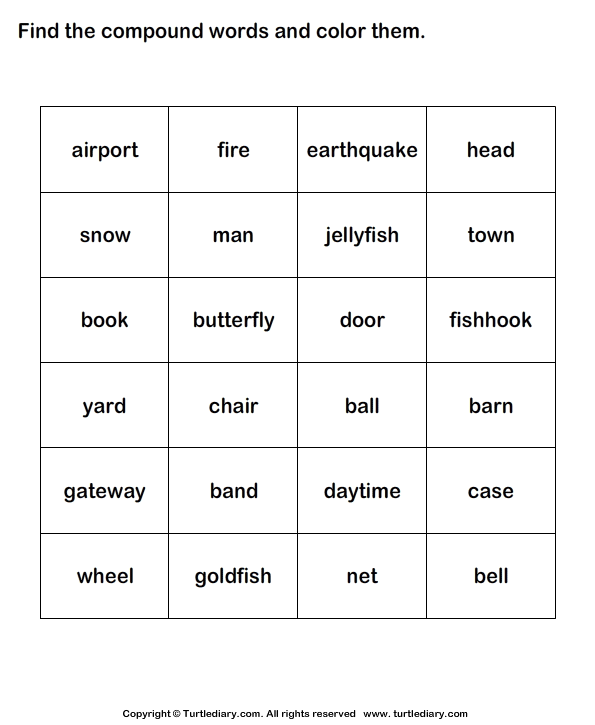 We need low taxes, but we need to collect a lot of them. So much so that the state is strong and effective. So that it can maintain a fair trial and an incorruptible bureaucracy. So that it can finally help those who are not able to provide for themselves.
We need low taxes, but we need to collect a lot of them. So much so that the state is strong and effective. So that it can maintain a fair trial and an incorruptible bureaucracy. So that it can finally help those who are not able to provide for themselves.
I am absolutely sure that a strong state is interested in wealthy people. And therefore, the key decision for our entire economic policy is that it is more profitable to work honestly than to steal.
Enough already to live "on suitcases" and save money in capsules. Stop feeding foreign countries by forcing our people to keep their earnings in foreign accounts. It is high time to create normal development conditions for young and able-bodied citizens. After all, they equally do not need either artificial greenhouse benefits or deadly restrictions. Who wants and can live richly, let him help himself and his country.
OUR PRIORITY is the revival of the personal dignity of citizens in the name of the high national dignity of the country.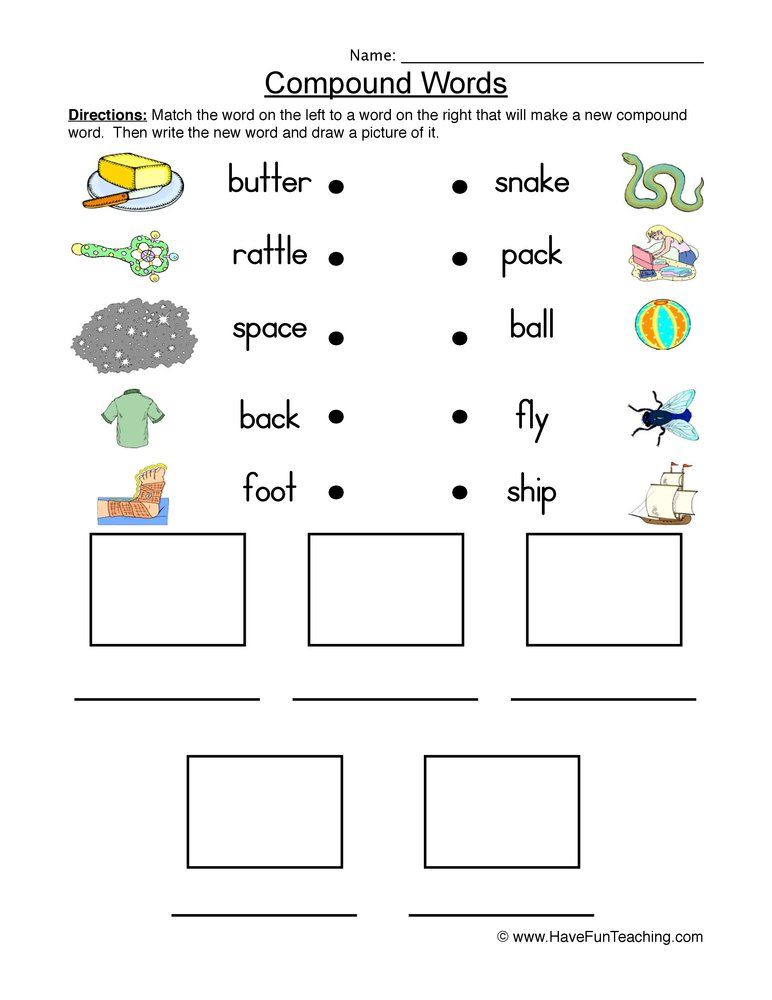
Russia has long been not a truncated map of the Soviet Union, but a self-confident power with a great future and a great people.
Over the past decade, there have been qualitative changes in the minds of people. Our citizens are not yet rich, but they are independent and quite self-confident. Our press is now - forever free. Our army, with honor coming out of a long crisis, is becoming better and more professional.
Yes, Russia has ceased to be an empire - but has not lost its potential as a great power. We no longer dictate to anyone and hold no one back, but we have time and energy for ourselves. The new generation has a great historical chance - to build a Russia that you are not ashamed to pass on to your children.
Those who scare that we are using this chance for dictatorship shy away from their own shadow. A great country cherishes its freedom and respects someone else's. It is unreasonable to be afraid of a strong Russia, but it must be reckoned with. Offending us is more expensive.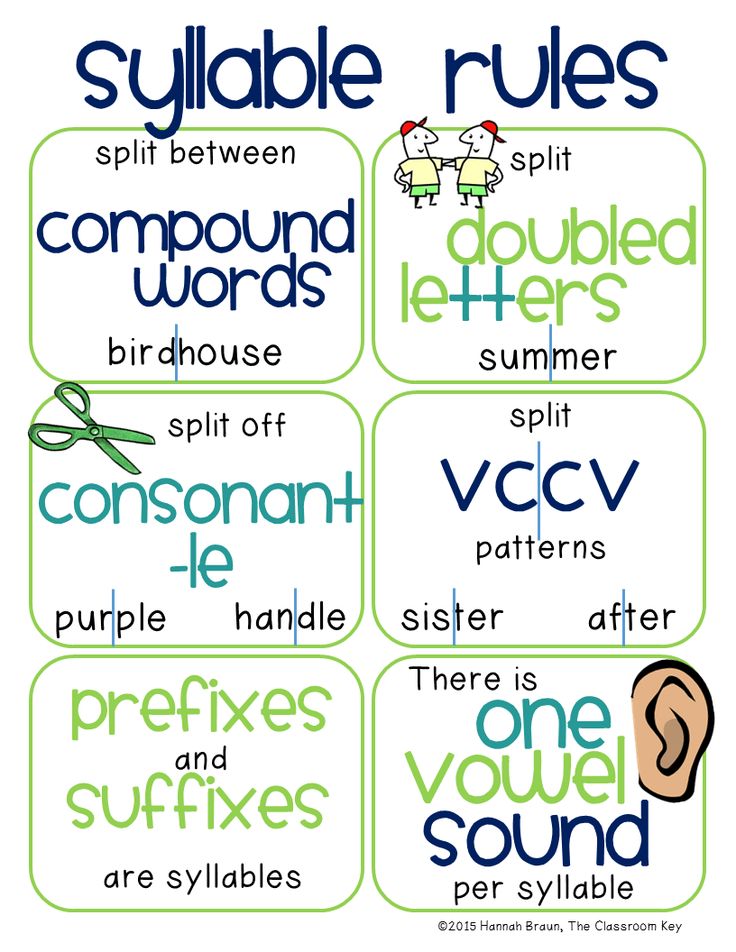
OUR PRIORITY is to build a foreign policy based on the national interests of our own country.
In fact, it is necessary to recognize the supremacy of internal goals over external ones. We must finally learn this. If our citizens do not benefit from certain international projects - no matter how loud and beautiful they sound - we do not need to go there. If Russia is being urged to engage in global affairs that cost a lot of money, and we live on credit, we cannot pay the salaries of our people, we must first weigh the possibilities and, perhaps, wait.
There is not and will not be a sovereign force where weakness and poverty rule. It's time to understand: our place in the world, our prosperity, and our new rights directly depend on the successful solution of our own internal problems.
Let's remember our national interests not only when it is necessary to declare something loudly. Let's formulate them competently and clearly, and then persistently carry them out. Only the real, including economic, interests of the country should be law for Russian diplomats.
Only the real, including economic, interests of the country should be law for Russian diplomats.
But here I would like to note that our current economy of forces does not at all mean that we do not have external expansion in the good sense of the word. What other countries call zones of vital interests, we also see for ourselves. But we see it as a source of further peaceful development - economic, international, political.
You can, of course, continue this list. But isn't the above enough to get started on this immediately? Are there not enough urgent tasks for us? By joining forces, we will solve them all - one by one.
ABOUT OUR COMMON GOAL
During elections, a whole sea of political platforms of candidates is usually printed. These voluminous documents are rarely read to the end.
I have outlined here what I consider the most important. Anyone who says that this is not the whole program will be right. I do not pretend to be an absolute truth, but I considered it my duty to briefly tell my fellow citizens about my principles and views on the state.


